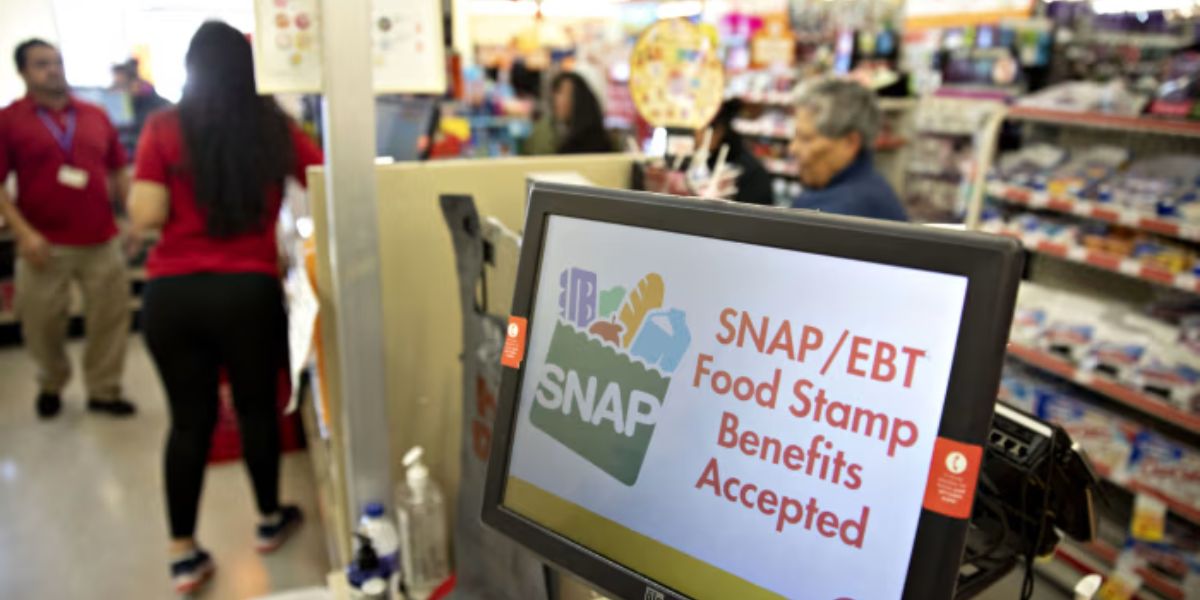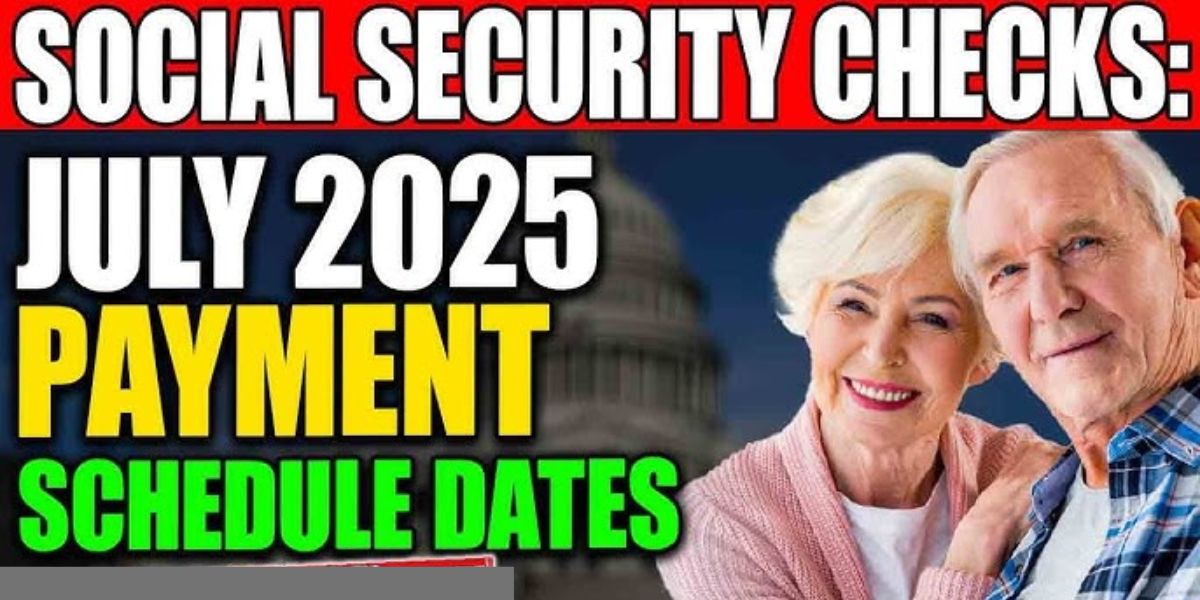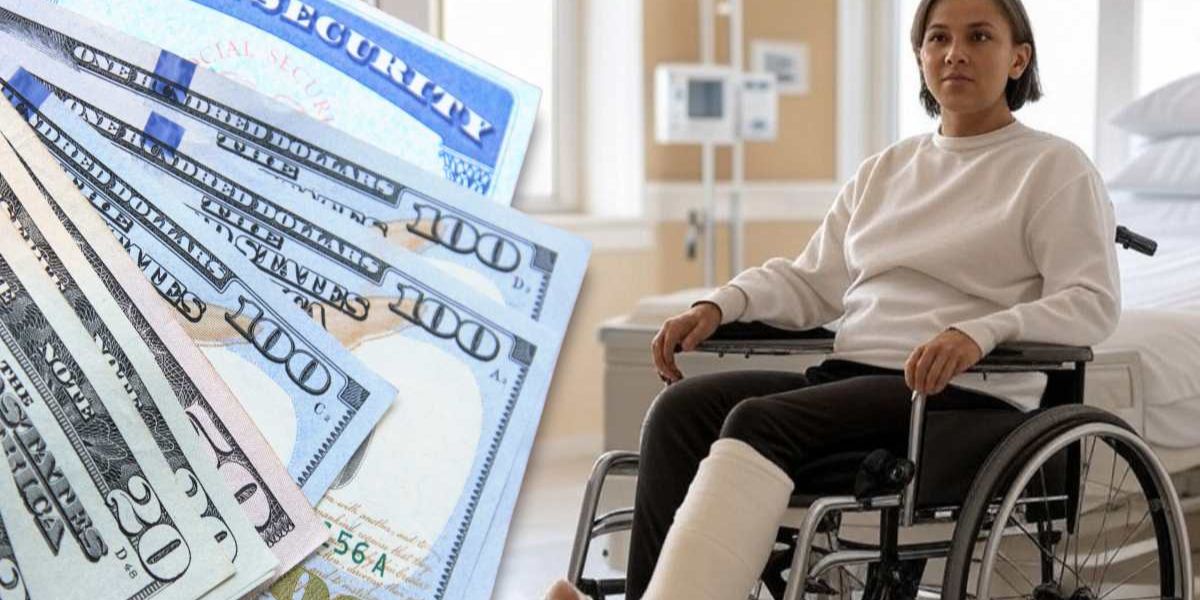The U.S. Republican Party is in negotiations with the U.S. Congress, intending to change some aspects of U.S. legislation. They intend to implement more budget cuts. In this case, they intend to reduce investment in food security, specifically in SNAP (Supplemental Nutrition Assistance Program).
According to the Republican Party, this is an expense and a waste, and they intend to make the states bear the cost. SNAP is the main source of income for millions of families with children and seniors in the country. However, military spending and immigration laws have led to funding shortfalls, so it has been decided to cut back on food security. This measure may lead to an increase in family poverty and, above all, an increase in child poverty.
Supplemental Nutrition Assistance Program (SNAP)
After 85 years in operation, this is the first time that Food Stamp is at risk of disappearing. It is a federal assistance program that covers millions of families in the United States. It consists of vouchers that help people with low (or no) income to access food, beverages and basic necessities at supermarkets.
The aim is to ensure that all families in the United States have access to a healthy and balanced diet, regardless of their income. This measure helps families with children and/or elderly people in their care, as it helps to reduce poverty levels in the country.
One Big Beautiful Bill Act
One of Trump’s first actions was to implement this proposed budget legislation, which has generated controversy at home and abroad. Under this bill, budgets for security, defense, debt limit, energy production, taxes and social programs such as Medicaid and SNAP would be restructured. One of the arguments with which Trump tried to convince of this measure was to announce that those who have higher incomes will have better economic conditions at the time of retirement. What has been the problem? By not reducing spending and cutting taxes, both the annual debt and the deficit have increased. In addition, cuts have been made in areas such as social services, affecting programs such as Medicaid and SNAP.
However, they have considered it a good idea to increase spending on immigration and on military.
Experts warn of the risk of reducing or eliminating spending on these programs. An estimated 14 million people would be left without access to health insurance and food. Meanwhile, Mike Johson, the White House spokesman, considers that these are not cuts, but efforts to reduce abuse, fraud and spending.
Who pays for SNAP?
Currently, it is funded by the U.S. Department of Agriculture’s Food and Nutrition Service (FNS), which shares administrative expenses with each state. But that is precisely what the Government wants to avoid. This new proposal aims to make the states responsible for a higher percentage of these programs.
According to the Center on Budget and Policy Priorities, the federal contribution would be reduced to 30%.States taking over almost all of Mecaid and SNAP can have serious consequences. More than 40 million Americans derive their income from SNAP. The CBPP, has revealed that 4.2 million people would be affected, 1 million of whom would be children.
How will the states deal with it?
Depending on the error rate in the SNAP presented by the state, it will have to pay one percentage or another. Those whose margin of error is less than 6% will pay only 5%.
A priori, this is a small amount. However, it will increase with the number of beneficiaries of these benefits.
On the other hand, if the error rate is higher, the percentage increases to 25%. According to the USDA, except for 10 states, the rest have a larger margin, mainly those governed by Republicans.




